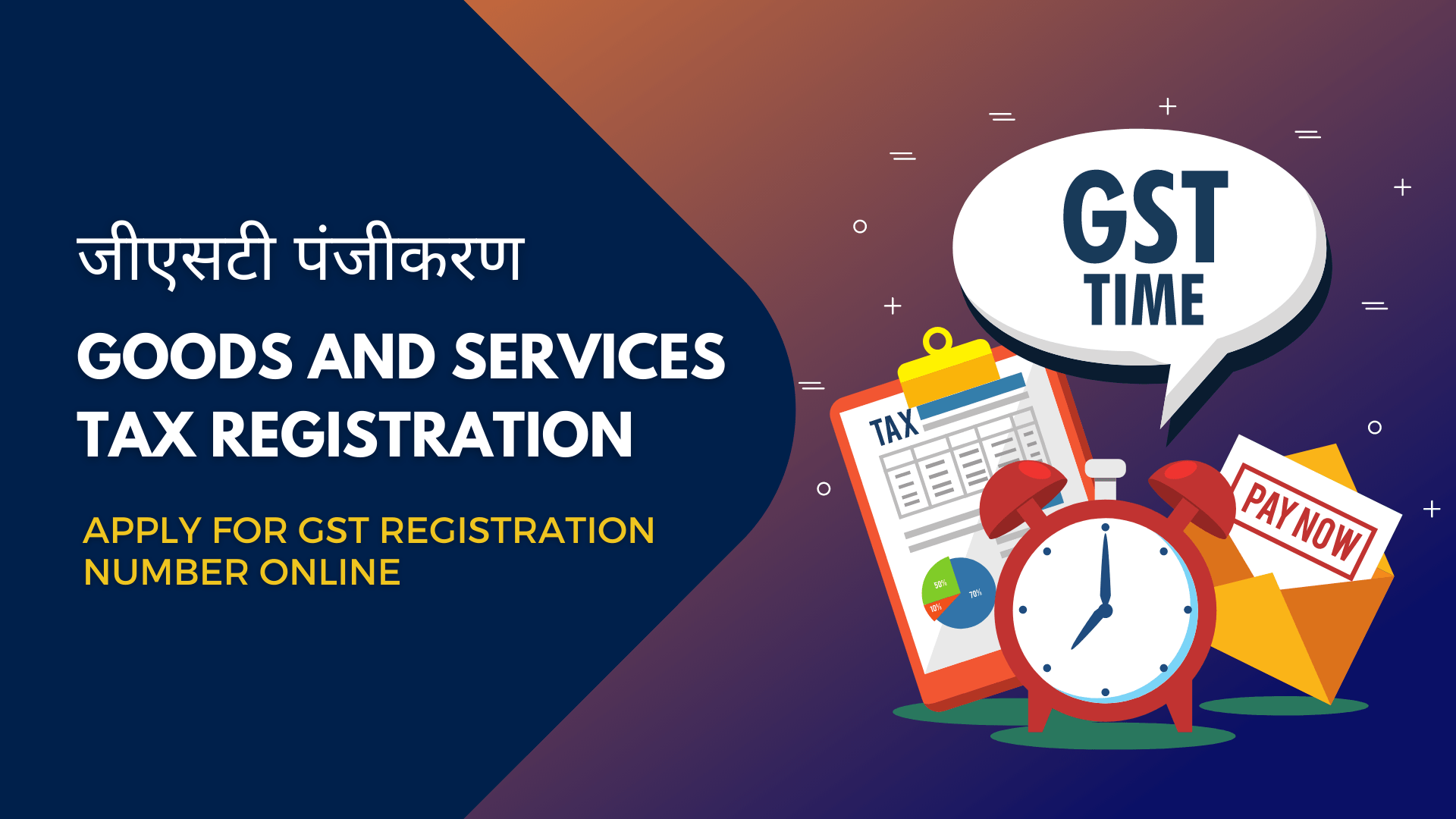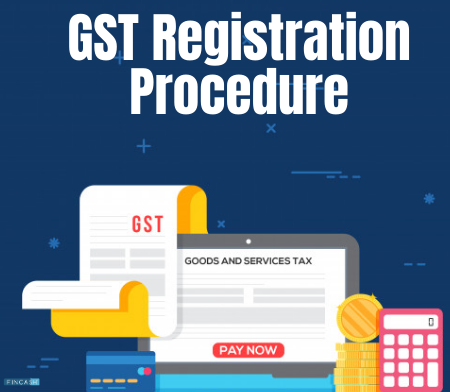Maximize Your Savings with the Best GST Registration Services in Singapore
Maximize Your Savings with the Best GST Registration Services in Singapore
Blog Article
From Start to Finish: The Ultimate Roadmap to GST Registration for Businesses Looking For Financial Security
Navigating the complexities of Item and Solutions Tax Obligation (GST) enrollment is a vital step for companies making every effort for financial security. From understanding the essential concepts of GST to following post-registration guidelines, the procedure can seem discouraging initially glimpse. Damaging down the roadmap into convenient actions can enhance the enrollment trip for businesses looking to improve their financial standing. Let's explore the vital components that compose this best roadmap and discover exactly how each stage adds to laying a solid structure for economic success.
Comprehending GST Fundamentals
Diving into the fundamental principles of Goods and Solutions Tax (GST) is essential for getting a detailed understanding of its effects on businesses and the economic situation. Input Tax Obligation Credit Report (ITC) is a considerable attribute of GST, enabling companies to declare credit scores for taxes paid on inputs, minimizing the total tax problem. Recognizing the basics of GST is important for businesses to conform with tax policies, handle their funds successfully, and add to the nation's economic growth by taking part in a clear tax system.
Eligibility Requirements for Enrollment
To sign up for GST, companies should fulfill certain qualification requirements developed by the government. The main eligibility requirement is that any kind of company associated with the supply of products or services with a yearly accumulation turn over above the threshold limitation set by the authorities have to sign up for GST. As of the present policies, the threshold limit for GST enrollment is a yearly aggregate turn over of 40 lakhs for organizations running within a state, other than for special category states where the limit is 20 lakhs. Additionally, certain organizations are required to sign up for GST irrespective of their turn over, such as interstate distributors, casual taxable persons, and services reliant pay tax under the reverse cost system. It is essential for companies to thoroughly assess their turn over and transaction types to determine their GST enrollment commitments accurately. Failing to sign up for GST when eligible can result in fines and lawful effects, making it essential for organizations to stick to the specified eligibility requirements.
Files Needed for Enrollment
Having met the eligibility requirements for GST enrollment, businesses should currently guarantee they have the requisite records in position to wage the registration process effectively. The papers required for GST registration typically include proof of company constitution, such as collaboration act, registration certification, or incorporation certification for various sorts of organizations. Furthermore, businesses require to offer documents developing the principal business, such as a rental agreement or electricity expense. Frying pan card of business, along with the identity and address evidence of promoters/partners/directors, are vital for confirmation functions. Financial institution account declarations, in addition to terminated cheques or a duplicate of the financial institution passbook, are called for to verify the monetary details offered during registration. Additionally, companies must have digital trademarks prepared for the licensed notary. Guaranteeing all these files are arranged and conveniently available will quicken the GST enrollment process, enabling organizations to adhere to tax laws effortlessly.
Step-by-Step Enrollment Process
Commencing the GST enrollment process involves a collection of organized actions to make certain a compliant and seamless registration for organizations. The very first step is to check our website out the GST site and submit the registration kind with exact information of the organization entity. Following this, the candidate receives a Temporary Recommendation Number (TRN) which is utilized to resume the application process if it's not finished in one go.
Following, all required documents based on the checklist provided by the GST portal requirement to be published. These records typically include proof of business enrollment, address and identification proofs of promoters, financial statements, and company entity's PAN card.

Post-Registration Compliance Standards

Conclusion
In final thought, companies seeking monetary stability should understand the basics of GST, fulfill eligibility requirements, gather essential documents, follow the step-by-step enrollment procedure, and adhere to post-registration guidelines - Best GST registration services in Singapore. By adhering to these actions, organizations can make certain compliance with tax regulations and maintain economic stability in the future
In addition, specific services are required to sign up for GST irrespective of their turn over, such as interstate vendors, casual taxed individuals, and companies accountable official website to pay tax under the reverse charge device.Having met the qualification requirements for GST enrollment, companies must currently ensure they have the requisite papers in place to proceed with the enrollment procedure effectively. The documents needed for GST registration typically consist of proof of service constitution, such as partnership action, enrollment certificate, or unification certificate for various types of organizations. Furthermore, organizations need to give files developing the principal location of organization, such as a rental contract or electricity costs.Commencing the GST registration procedure entails a series of structured steps to guarantee a compliant and smooth enrollment for companies.
Report this page